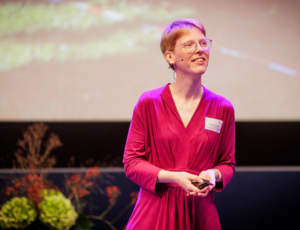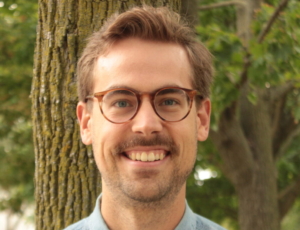Timothy Stacey
Co-ordinator NIAS Theme Group

Project title
A future we can belong to
Research question
Can we articulate an idea of belonging that is 1) deep enough to connect people to the environment; 2) powerful enough to draw support from across the political spectrum; and 3) open to newcomers?
Project description
The connection between ecology and belonging receives scarce attention in sustainability debates and actions. This is a shame because questions of belonging are not only crucial to people’s willingness to take action on the environment but are also central to the narratives of those shunning environmental agendas. We urgently need new conceptions of belonging.
In this context, the aim of this project is to combine social scientific and journalistic approaches: on the one hand, critically exploring where and how belonging is addressed in current attempts to carve out an environmental future. And on the other, identifying inspiring cases in which people are able to talk about belonging in a manner that connects people to the environment; speaks to a wide constituency; and is open to newcomers.
Identified within the first 5 months of the project, the inspiring cases will, in the second 5 months, form boundary objects that allow the fellows to ground their theoretical discussions in, and contribute to improving, people’s lived realities.
Selected publications
• Duyvendak, JW, Kesic, J, and (with) Stacey, T (2023) Return of the Native: Can Liberalism Safeguard Us Against Nativism?, New York: Oxford University Press
• Stacey, T, Oomen, J, Hoffman, J, and Hajer, M (2025) ‘Dramaturgies of Change: Staging Political Transformation’ European Journal of Social Theory
• Stacey, T (2022) Saving Liberalism from Itself: The Spirit of Political Participation, Bristol: Bristol University Press
• Stacey, T (2024) ‘Religious Repertoires for Sustainability Transformations: Why religion matters, whatever you believe’ Environmental Innovation and Societal Transitions
-

-
 Fellow
FellowTanja van Hummel
-
 Fellow
FellowShivant Jhagroe
-
 Fellow
FellowJacob McLean